-
What a Murder of Crows Taught Me About Backyard Naturalism

“We need to stop thinking about how to separate ourselves from the natural world,” he said, and instead learn “how to integrate and regain and retain and foster a connection with that world.” Peters’ words resonated. As Western capitalism began to extract raw materials at shocking rates, Western philosophy extracted human consciousness from the web…
-
From inception to current challenges in bioinformatics
Dr Paulien Hogeweg — professor of bioinformatics at Utrecht University, who in the 1970s, together with Ben Hesper, coined the term ‘bioinformatics’ — talks to Nature Computational Science about her work on the Cellular Potts model, the integration of spatial information in modeling approaches, and her ongoing research on multilevel evolution. My interest in the…
-
Nausea and vomiting in pregnancy linked to hormone from fetus
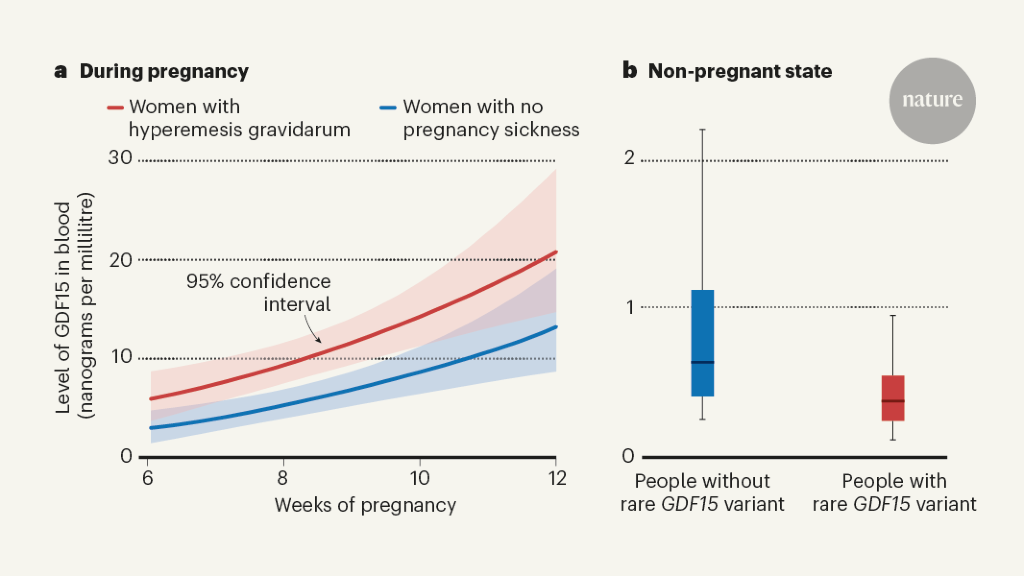
Einarson, T. R., Piwko, C. & Koren, G. J. Popul. Ther. Clin. Pharmacol. 20, e171–183 (2013). PubMed Google Scholar London, V., Grube, S., Sherer, D. M. & Abulafia, O. Pharmacology 100, 161–171 (2017). Article PubMed Google Scholar Daniels, J. BJOG 124, 31 (2022). Article Google Scholar Allison, S. P. & Lobo, D. N. Clin. Nutr.…
-
If you want something done right, do it yourself: the scientists who build their own tools
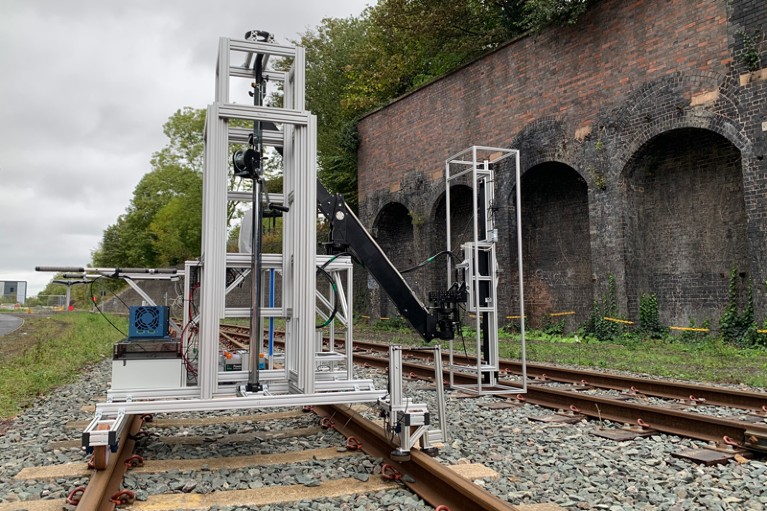
Industry doesn’t always make the intricate tools that research demands, pushing some scientists to take DIY to the extreme.Credit: NPL In science, as any researcher knows, the right tools can be the crucial difference between making a discovery and wasting time. But what happens when the right tools simply don’t exist? Against a backdrop of…
-
How high-impact papers from Indian researchers are shaping science
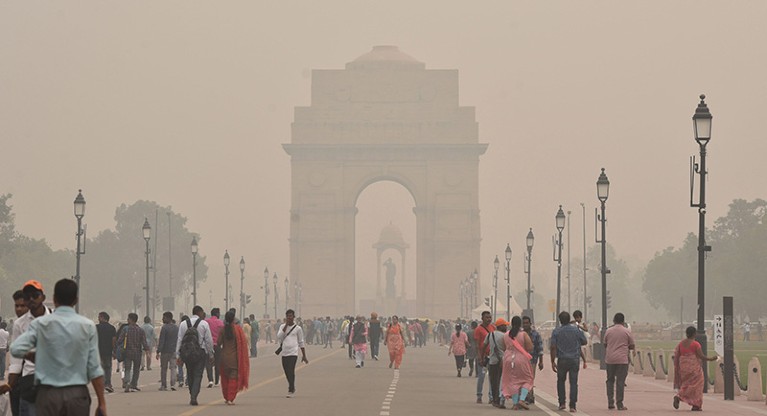
The haze that causes widespread health problems in Delhi is the focus of highly cited studies by researchers in India.Credit: Sonu Mehta/Hindustan Times/Shutterstock India was the world’s third-most-prolific publisher of research papers in 2022, but it was ranked only 153rd for the number of citations it received per paper. Indeed, in 2020, about 30% of…
-
ChatGPT and science: the AI system was a force in 2023 — for good and bad

Credit: Olga Yastremska/Alamy, Gabby Jones/Bloomberg via Getty This story is part of Nature’s 10, an annual list compiled by Nature’s editors exploring key developments in science and the individuals who contributed to them. It co-wrote scientific papers — sometimes surreptitiously. It drafted outlines for presentations, grant proposals and classes, churned out computer code, and served…
-
COP28 climate summit signals the end of fossil fuels — but is it enough?
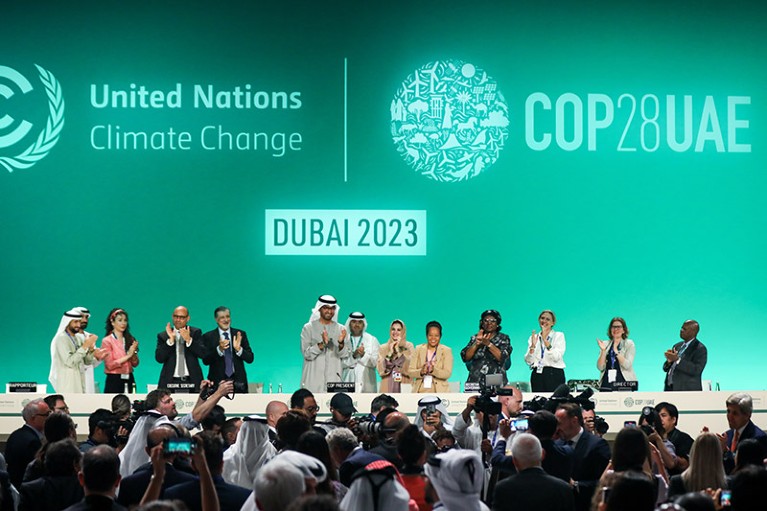
Delegates applauding at the end of COP28 in Dubai.Credit: Fadel Dawod/Getty Scientists have voiced mixed reactions to a pledge to “transition away from fossil fuels” made by the world’s governments at the end of the COP28 climate summit in Dubai. “It’s major,” says Lisa Schipper a developmental geographer at the University of Bonn, Germany. Previous…
-
I predict solar storms
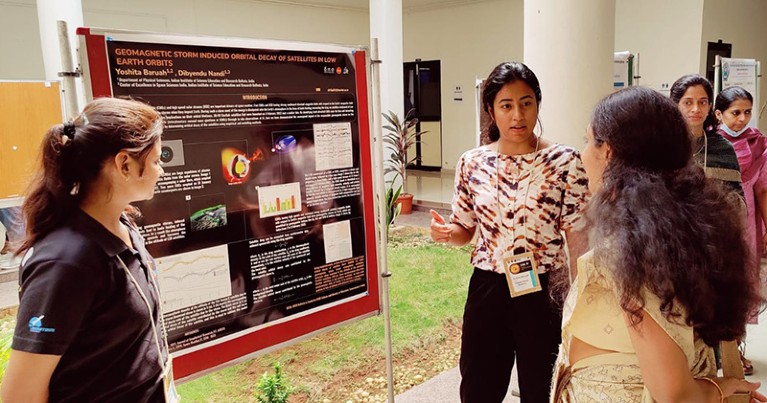
When not forecasting the solar weather, Yoshita Baruah (centre) enjoys sharing her knowledge.Credit: Dibyendu Nandi Yoshita Baruah studies the solar storms that shape space weather, and forecasts when they might hit Earth or knock satellites off their orbits. Predicting the space weather around Earth, she says, will one day be as mainstream as forecasting the…
-
Superconductivity debunker: this physicist exposed flaws in a blockbuster claim
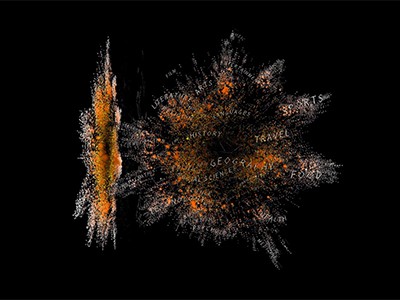
This story is part of Nature’s 10, an annual list compiled by Nature’s editors exploring key developments in science and the individuals who contributed to them. James Hamlin remembers the first time an experiment deceived him. As a graduate student, Hamlin saw signs of superconductivity — electrons flowing without resistance — in an unexpected material.…
-
A synthesis of evidence for policy from behavioural science during COVID-19
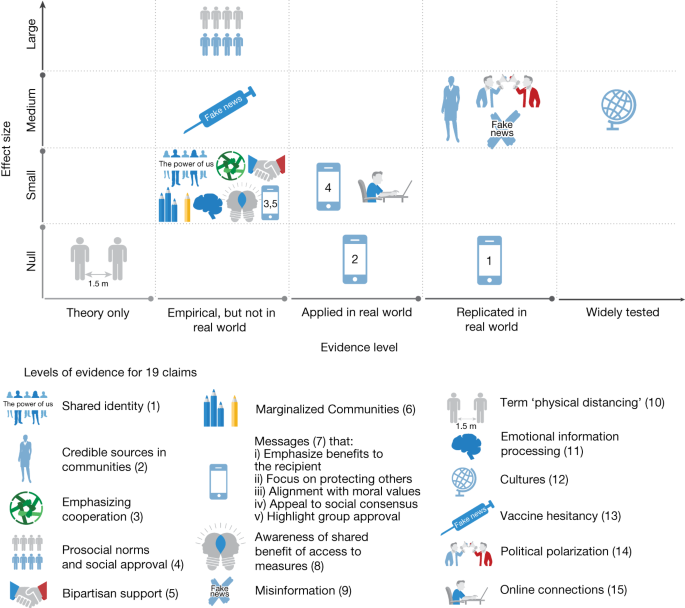
Abstract Scientific evidence regularly guides policy decisions1, with behavioural science increasingly part of this process2. In April 2020, an influential paper3 proposed 19 policy recommendations (‘claims’) detailing how evidence from behavioural science could contribute to efforts to reduce impacts and end the COVID-19 pandemic. Here we assess 747 pandemic-related research articles that empirically investigated those…